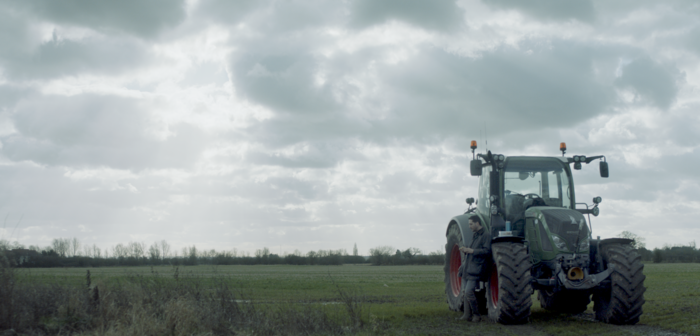Charles Smith is chief executive of the Farming Community Network
For most people within farming, mental health is far from an easy conversation.
But with more than one member of the farming community dying by suicide every week, it is a subject that can no longer be avoided. In wider society, it is thought that any one suicide has a significant impact on eight other people. Within farming, because of the close-knit nature of our working and social lives, the impact is far wider, reaching and devastating whole communities.
Farmers have to overcome multiple issues on a daily basis, some of which are beyond their control: fluctuating market prices, animal disease, weather, lack of fodder, Brexit and rural crime to name but a few. Combine these with the isolation and pressure to make the farm business a success, and it is hardly surprising so many within the farming community struggle with poor mental health – and why some see no alternative than to end their own life.
Pig farmers are by no means immune to such pressures and in many ways they are more at risk, particularly in today’s marketplace with, among other things, increasing intervention from single issue pressure groups, declining pork prices and the threat of African swine fever. Factors such as these can have a devastating impact on British pork producers and can often lead to a decline in the farmer’s mental health.
There are several signals which, if seen on a prolonged basis, may indicate poor mental health that pig farmers should look out for.
These include: eating more or less than normal, mood swings, lack of concentration, poor physical health, feeling tense, feeling useless, feeling worried or nervous, poor sleep, fatigue and forgetfulness. Poor mental health can also lead to physical symptoms, such as: back pain, indigestion, irritable bowel syndrome, psoriasis, migraine, tension and headaches.
Identifying these signals, both in yourself and those around you, is an essential first step in getting the help you need.
If you have identified any of these signs and they are not normal behaviour, the next step is to talk to someone. You can talk to your friends and family, other farmers, your neighbour or your GP.
Or if you are worried about talking to those closest to you for fear of becoming a burden, you can talk to the Farming Community Network. Our volunteers have a wealth of experience in supporting farmers and farming families who have been affected by financial difficulties and animal disease.
Our confidential national helpline is open every day of the year from 7am-11pm and the majority of our volunteers are from a farming background and therefore have a great understanding of the issues pig farmers regularly face. FCN’s volunteers can help farmers find the support they need and ‘walk with them’ on their journey to a more positive place in their lives.




